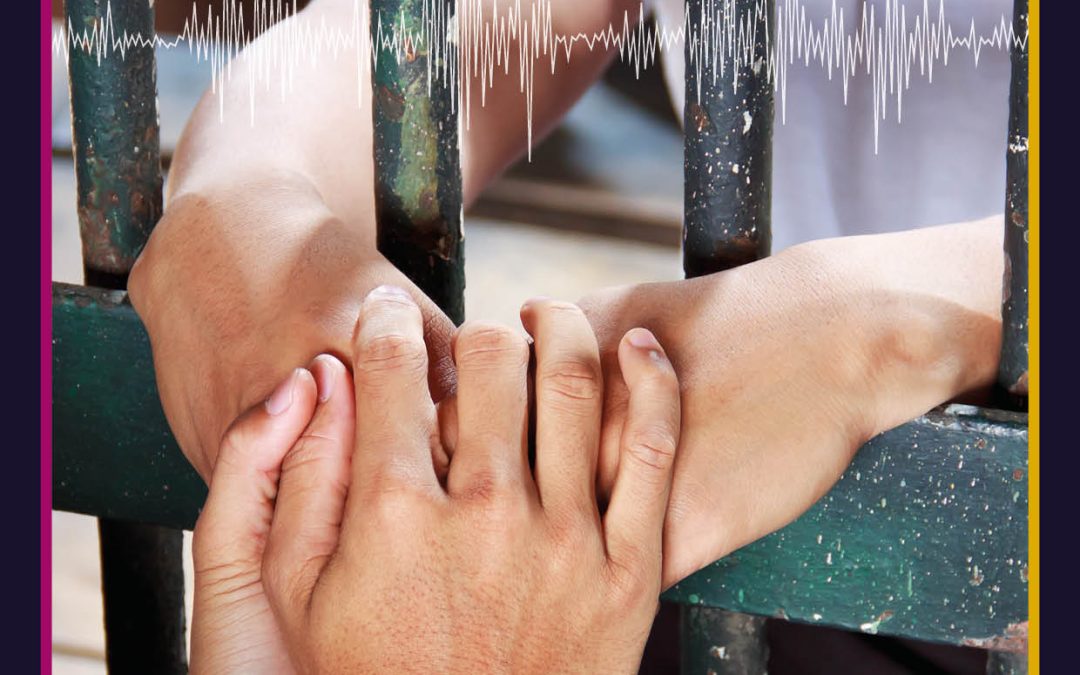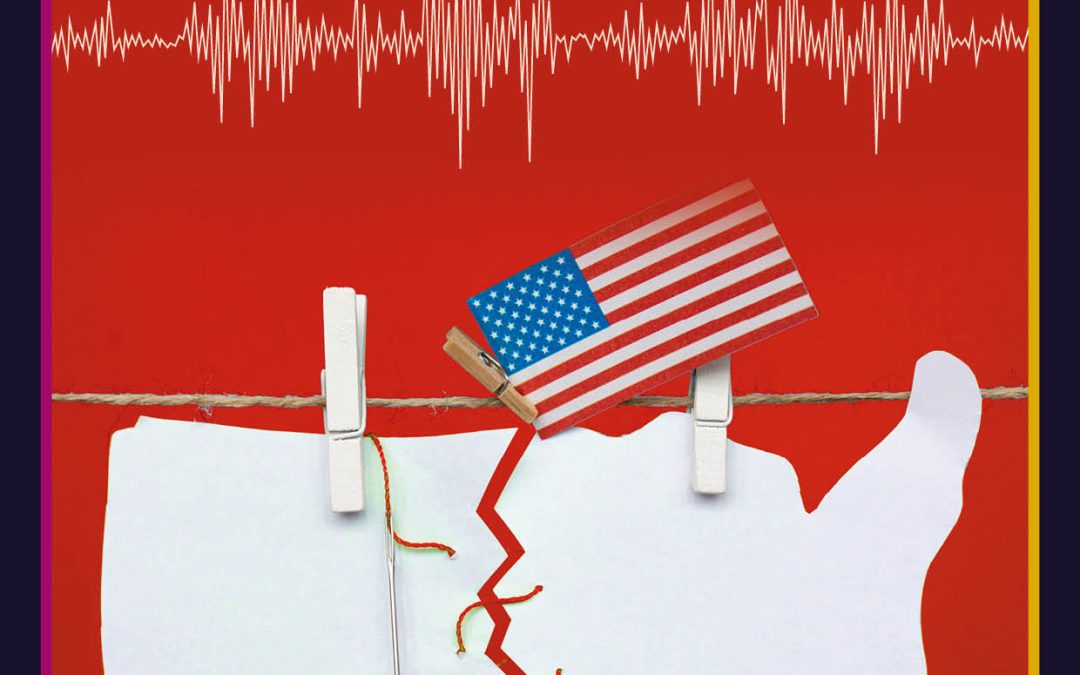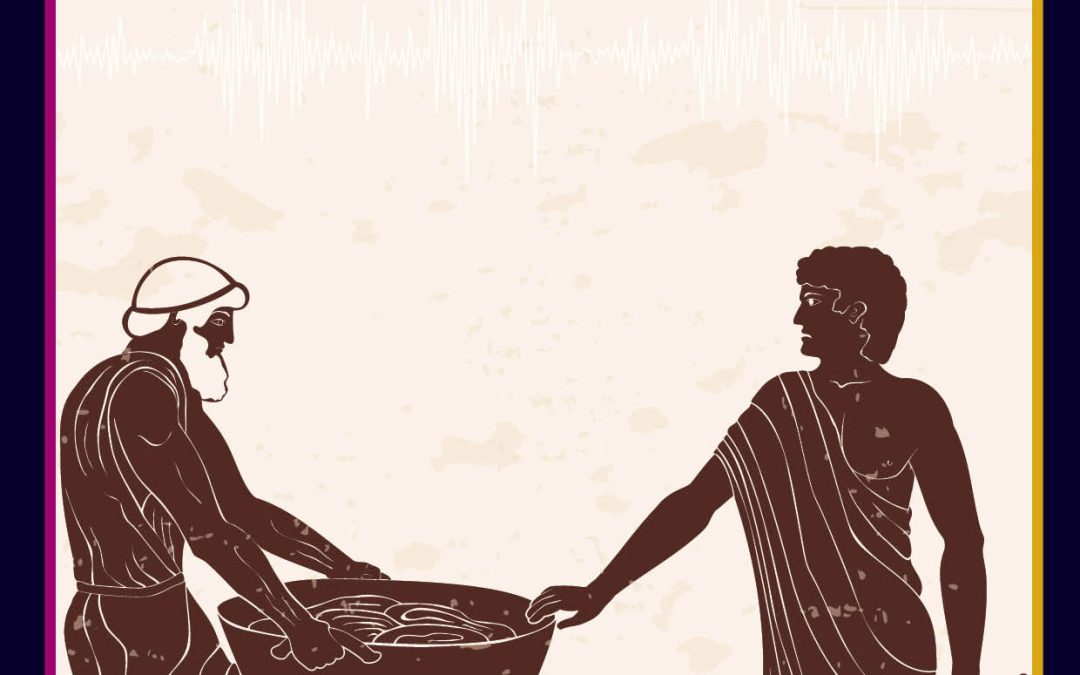
by admin | Jan 18, 2023 | arts and humanities, social and behavioural sciences
In a recent paper, Professor John P Miller discusses the importance of mutual accommodation and compassion in preserving democracies and ensuring we can tackle some of our biggest global problems. He highlights the way in which Canada has become a more tolerant, cooperative, inclusive society by emphasising the role of compromise and compassion. Using examples from education, he shows how we can nurture these qualities in children and young adults.

by admin | Dec 7, 2022 | arts and humanities, social and behavioural sciences
So far, very few research studies have investigated the effects of criminal convictions on the families of defendants. Dr Hong Lu, a Professor of Criminal Justice at University of Nevada, along with her co-authors, Dr Yudu Li and Dr Bin Liang, carried out a study examining how the family of Nian Bin, the defendant in a high-profile capital case in China who received four death sentences, managed the physical, emotional, financial, and legal challenges they faced after their relative’s conviction.

by admin | Dec 7, 2022 | arts and humanities, social and behavioural sciences
In the United States, public opinions have become increasingly polarised. This polarisation leads to ‘othering’, which describes how one group of people can view another group as very different from themselves and depict them in negative ways. Dr Megan Schraedley at West Chester University recently carried out a study exploring how othering arises in the context of US politics, and how it can be disrupted. Understanding how this destructive phenomenon can be disrupted could help policymakers to successfully introduce important legislation.

by admin | Nov 23, 2022 | arts and humanities, social and behavioural sciences
Propaganda is the systemic use of language with the intent to brainwash rather than to persuade. It has the subtle but pervasive power to ensnare an entire populace toward a predetermined attitude or outlook. Deceptive communication is now commonplace in this information age. Dr Robert L. Walsh recently examined how propagandists bend language for mass deception. He argued that what makes propaganda so insidious is a vestige of our prehistoric past – the Neolithic or Tribal mind.

by admin | Sep 14, 2022 | arts and humanities, trending
The perspectives and characteristics of specific historical periods are often reflected in the literary texts produced and circulated at the time. Dr Andrea Binsfeld, an Associate Professor at University of Luxembourg, has conducted several studies examining narratives of slavery in ancient texts, including novels and political discourses. Her analyses outline, from a different perspective, the deep impact that the institution of slavery had in Greek and Roman societies.

by admin | Jul 27, 2022 | arts and humanities, social and behavioural sciences
Over recent decades, the use of digital technologies has increased exponentially worldwide, bringing significant changes to daily life. Like most societal transformations, this process of ‘digitalisation’ has had both positive and negative aspects. Dr Jens Allwood, Professor Emeritus at the University of Gothenburg, has recently published a paper exploring some of the darker elements of digitalisation, particularly focusing on its tendency to dehumanise our daily activities.






